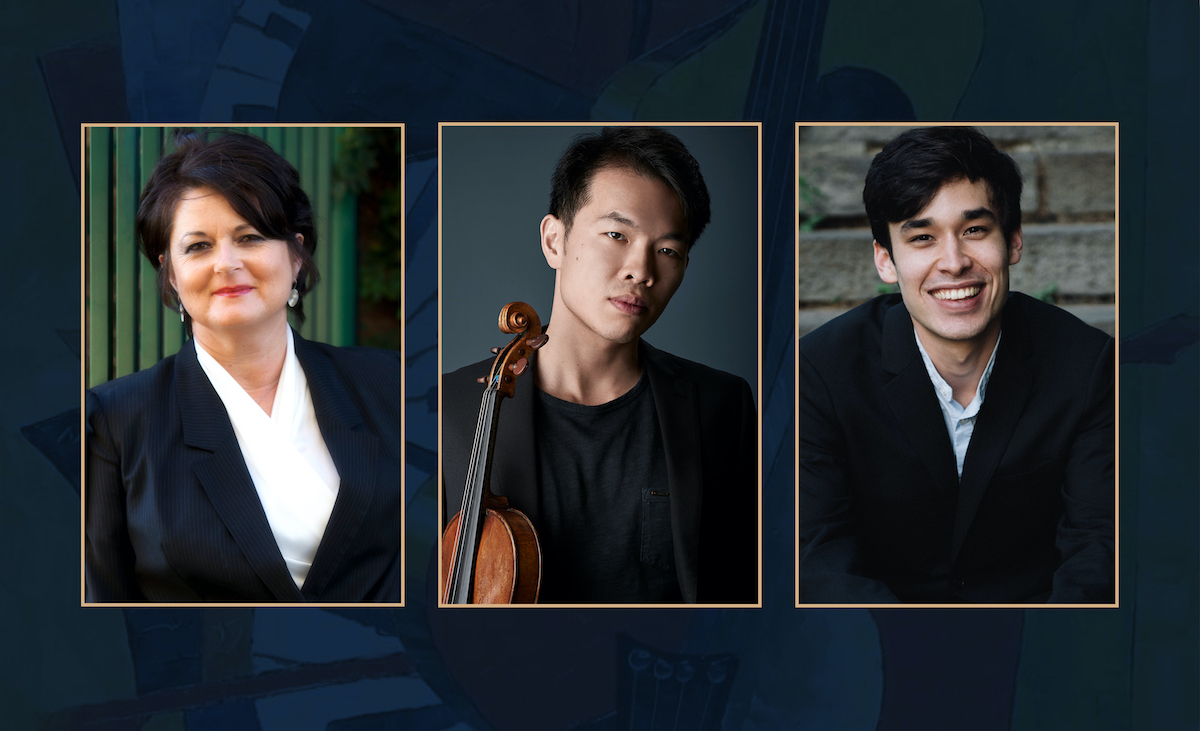Aaron Copland is often regarded as the quintessential American composer because of his distinctive evocation of the American landscape through works such as Appalachian Spring, Billy the Kid and Rodeo.
Copland’s Vitebsk – Study on a Jewish theme for violin, cello & piano (1929), springs from a completely different musical sensibility. He regarded it as his evocation of the harsh life of Jewish people in Russia, and it’s one of very few of his works that refers to Jewish history and culture, with which he was closely familiar.
Vitebsk is based on a Jewish folk song from S Ansky’s play The Dybbuk, which Copland, himself Jewish, had seen. The character of Copland’s Vitebsk reflects the play’s story of the folk legend of a pre-ordained marriage and demonic possession of a bride by the spirit — a dybbuk — of her deceased husband-to-be.
The title of the work refers to the city of Vitebsk, now in Belarus, which had a substantial Jewish population and from where the oral tradition of the dybbuk story is thought to have originated.

Kathryn Selby, Ike See and Richard Narroway. Image supplied.
Vitebsk opens with the strings playing quartertones...










Comments
Log in to join the conversation.